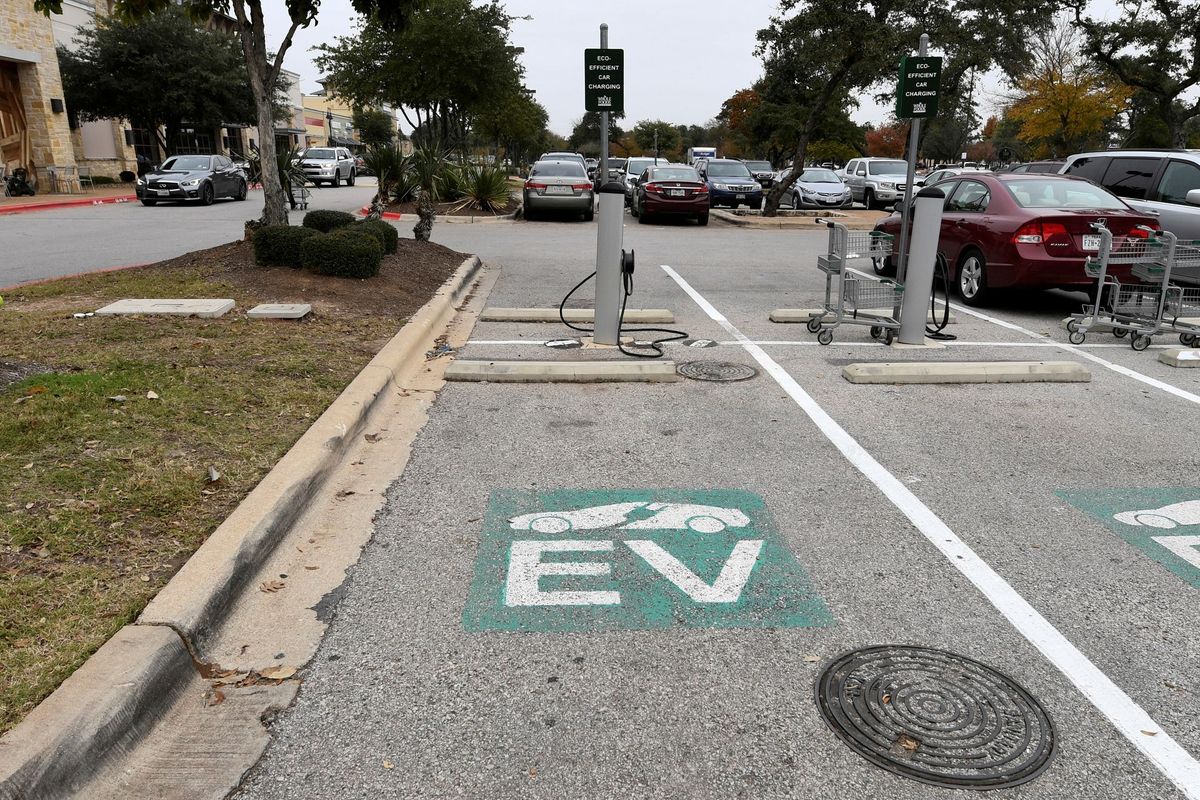Will Biden’s infrastructure package lead to higher inflation?

A few minutes every morning is all you need.
Stay up to date on the world's Headlines and Human Stories. It's fun, it's factual, it's fluff-free.
Economists agree that the proposed measures likely won’t fully fund the bill. Instead, what will likely happen is that, where certain funding measures happen to fall short, the deficit will be increased. This could lead to inflation.
How is the infrastructure bill related to inflation?
- There are basically three ways the United States government can pay for new bills. The first is to cut spending in other areas to move those funds to the new bill. For example, the government might take some funding away from the space program so that it can be put toward vaccine production.
- The second is that the government can find new ways to raise revenue. This might mean raising taxes on individuals or corporations, or putting taxes on things like gas or cigarettes. This is one form of so-called “new spending” because it involves spending money that wasn’t previously in the budget.
- Lastly, the government can increase the federal deficit. The deficit is the difference between how much money the government earns in revenue from taxes and how much money the government spends. Because the government almost always spends more than it makes, it usually borrows from either private lenders or other countries – money it promises to pay back with interest later. This is another form of “new spending.”
- Increasing the deficit to pay for bills isn’t always bad. It’s very similar to the way a business might take out a loan on something it knows will make money. If the US believes that certain legislation will, for example, create jobs, then it might be worth going into some debt because whatever growth comes from that legislation will be bigger than the money owed when it’s due.
- But creating debt also usually leads to inflation because the US has to print money that it will eventually pay out to whoever it’s borrowed the money from. This is why certain bills, like President Joe Biden’s infrastructure package, can lead to inflation.
So how will the new infrastructure package be paid for?
- The new infrastructure package uses a mix of both new and old spending but it doesn’t raise any taxes. This means that there are mostly several small measures in place to pay for things.
- One way the bill is being paid for is by injecting extra funding into the Internal Revenue Service (IRS) so that it can collect taxes from people who have previously evaded paying their taxes. The IRS is also going to crack down on fraud and overpayments in the unemployment program in order to bring in even more money that way.
- The government will also sell some things it has control over, including oil from the US Strategic Petroleum Reserve and the wireless spectrum used by companies who use 5G.
- The bill will also be using some of the money from the most recent COVID-19 stimulus package that went unused and will use some things like public-private partnerships and “dynamic scoring,” which are ideas that haven’t been fully explained by lawmakers yet, but basically seem to include estimating how much the bill will improve the economy and then using that growth as a sort of down payment on a loan.
- Economists pretty widely agree that, while all of these measures will certainly bring some amount of funding in, they likely won’t fully fund the bill. Instead, what will likely happen is that, where certain funding measures happen to fall short, the deficit will be increased.
So will the bill increase inflation if the deficit goes up?
- The former chair of the Council of Economic Advisers in the Obama administration, among others, believes that the new spending in the infrastructure package, “would not be inflationary because the investments are spread out over time, mostly paid for and would expand the productive capacity of the economy.”
- But not everyone is so hopeful. Investment banking company Morgan Stanley has said that high inflation rates might end up being a long-term challenge post-COVID-19, rather than a short-term challenge like the Federal Reserve and several other Wall Street banks have predicted.
- According to Morgan Stanley, things like supply and demand mishaps, such as the high price of lumber in the first half of 2021, will be short-term problems, but things like an increase in the cost of rent means that inflation will stay high for at least the next year and a half.
- But ultimately, with the chance of passing an infrastructure bill higher than ever, it seems like it’s only a matter of time before we see which economists were right and which weren’t.
Have a tip or story? Get in touch with our reporters at tips@themilsource.com




Comments ()